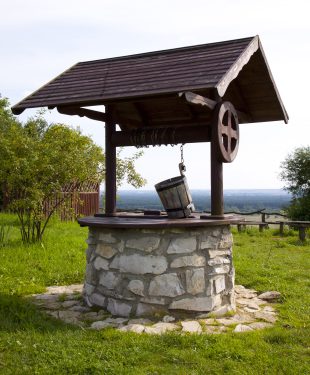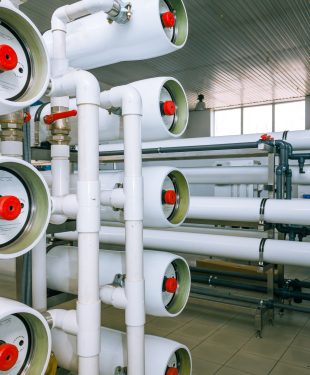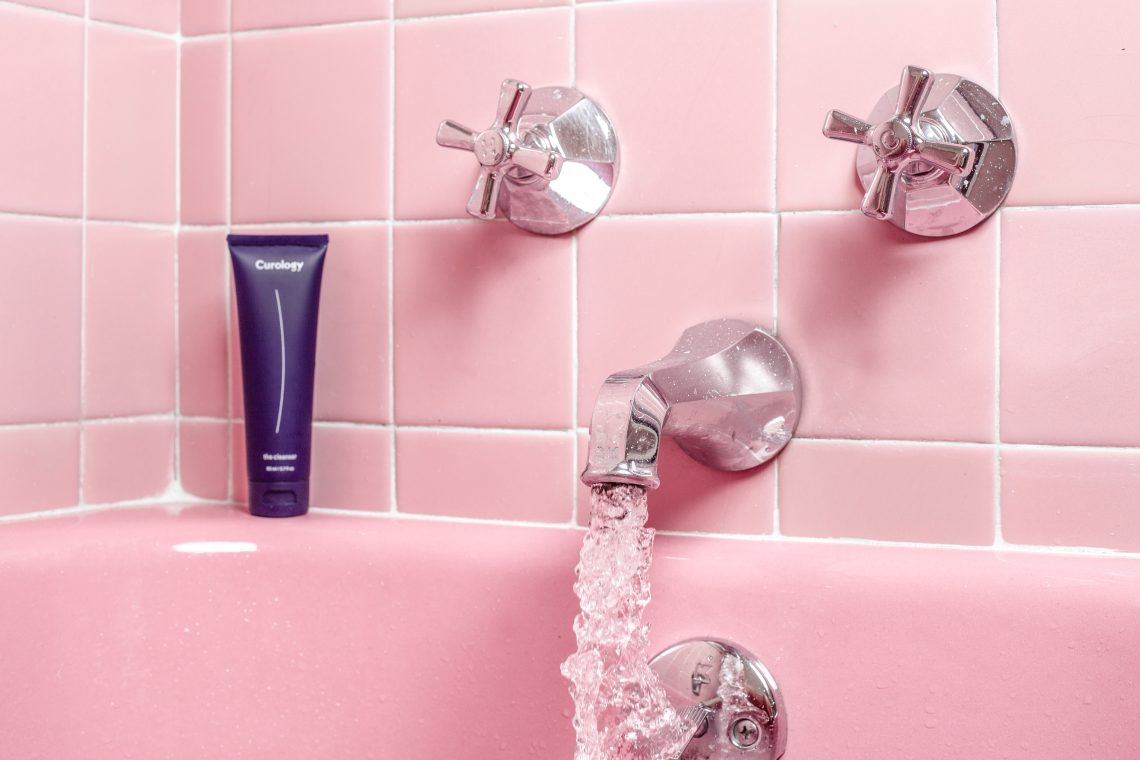Today we’d like to know how safe is the water in your home, really? One of the biggest advantages of modern living that’s all too easy to take for granted is our access to clean, running water. It’s an advantage that so many people around the world still don’t have. However, it’s one that could be under threat, depending on where you live. Here, we’re going to look at the problems facing the household water of so many people across the country, and what you can do to make sure that you’re drinking and bathing in clean, healthy water.
Your water supply
 Most developed countries in the English speaking world benefit from some of the cleanest and safest drinking water across the globe. There are environmental protection agencies that effectively guarantee your right to it, so long as you’re connected to a larger water supply. However, around 15% of people get their water from private drinking wells, which can mean that they are not always subject to the same laws that keep most drinking water safe. Make sure that you know where your water comes from, and see if there has been any recent news of contamination that you need to be concerned about. Contamination can happen even if you are connected to a larger water supply, often because something goes wrong in the treatment process or because the source itself is contaminated.
Most developed countries in the English speaking world benefit from some of the cleanest and safest drinking water across the globe. There are environmental protection agencies that effectively guarantee your right to it, so long as you’re connected to a larger water supply. However, around 15% of people get their water from private drinking wells, which can mean that they are not always subject to the same laws that keep most drinking water safe. Make sure that you know where your water comes from, and see if there has been any recent news of contamination that you need to be concerned about. Contamination can happen even if you are connected to a larger water supply, often because something goes wrong in the treatment process or because the source itself is contaminated.
What kind of contaminants make it into the water supply?
Not all contaminants are man-made, which is a common mistake made when talking about water quality. Rather, there are a host of substances that are both man-made and organic that can make their way into the water supply, some of which can easily be seen or tasted, others that might be invisible. If you notice any of the symptoms of contaminated water, such as cloud water, sulfuric smells, visible sediment, or a bitter or metallic taste, then you may want to stop drinking it until you can use a testing kit. Contaminants can include bacteria and viruses, heavy metals like arsenic, lead and mercury, and agricultural products that have run off into the water, such as insecticides and fertilizers.
Making your water clean
 If there are serious contamination issues with your water, such as high lead presences or anything else that your testing kit might pick up, it’s best to stop drinking and to report it as soon as possible. Otherwise, however, you should instead consider home water filter kits that can maintain a high level of purity through reverse osmosis. What is reverse osmosis? It is effectively the process of removing contaminant particles from the water that works by ensuring there is a high level of pressure pushing water through a semi-permeable membrane. The water can make it through the membrane, but other particles will not be able to do so as easily.
If there are serious contamination issues with your water, such as high lead presences or anything else that your testing kit might pick up, it’s best to stop drinking and to report it as soon as possible. Otherwise, however, you should instead consider home water filter kits that can maintain a high level of purity through reverse osmosis. What is reverse osmosis? It is effectively the process of removing contaminant particles from the water that works by ensuring there is a high level of pressure pushing water through a semi-permeable membrane. The water can make it through the membrane, but other particles will not be able to do so as easily.
Coliform is one of the harmful bacteria that can get through our water system. One way to get rid of it is by having the best water filters for coliform bacteria in our home to make our Family safe from getting sick from drinking unfiltered water.
What about hard water?
If you notice that you feel a slight film on your hands after washing, your dishes spot after washing, or there are mineral stains on your appliances and clothes, then you might have hard water and be concerned. However, hard water has not been found to have any health risks when you drink it. It can, however, bring new maintenance problems to the home. For instance, your appliances like your washing machine and kettle can start to develop mineral deposits that can also lead to corrosion. It can also reduce the water pressure of the home. There are methods to soften hard water, such as the aforementioned reverse osmosis. However, as long as it is coming through your pipes, it’s going to affect them so keep that in mind.
What about the water you bathe in?
You might have had your concerns answered about the water you drink, but how about the water you bathe in? We all want to maintain healthy showering practices after all. Even if the water in your home is clean, however, there is one serious risk that you need to take seriously: the number of germs on your showerhead. We rarely wash our showerhead, but it is frequently made hot and humid, making it a perfect breeding ground for germs. Most of these are harmless, but there are cases where dirty showerheads have been responsible for issues such as lung infections. As such, it’s important to make sure you’re cleaning your showerhead on a regular basis.
The likelihood is that your water is clean and safe to drink. However, it’s a good idea to take precautions to ensure that, as there are increasing cases of people finding contaminants in their water that can do real harm to them.
Read more health articles at ClichéMag.com
Images provided by Creative Commons, Flickr, Unsplash, Pexels & Pixabay



